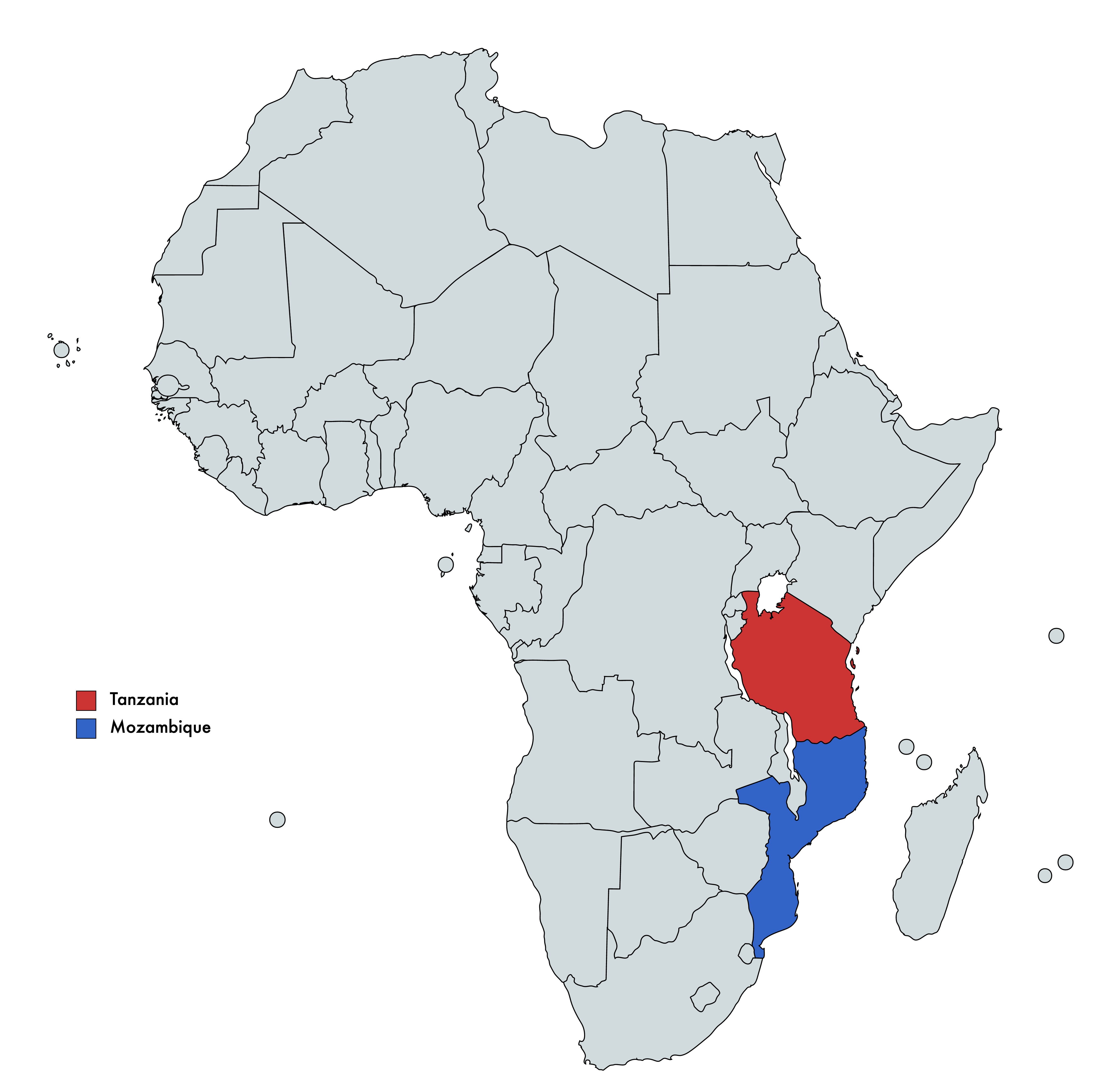
African Politics Update March 13- March 20, 2021 In this section, we select and summarize several key political developments that occurred in the last week, also giving brief background to the story. This week's highlighted events are in Tanzania and Mozambique.
1. Questions Remain Following Tanzanian President’s Death
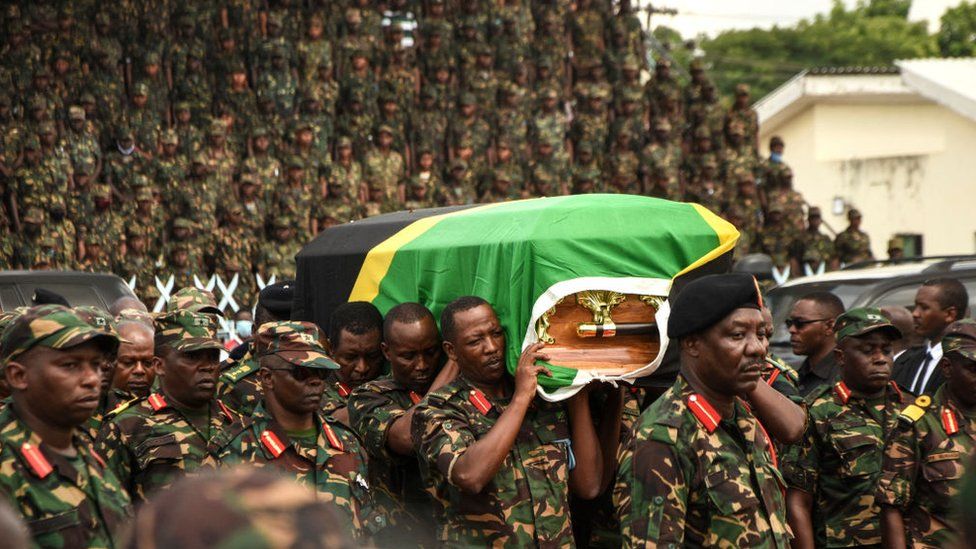
SUMMARY:
Tanzania’s former President John Magufuli died on March 16, 2021 following almost three weeks of health-related absence. The official cause of death is a heart condition related to his chronic atrial fibrillation, though opposition politicians and others have speculated whether he had contracted COVID-19 and if this contributed to his untimely death. Magufuli had been much discussed recently due to his skepticism about COVID-19 and how it was affecting his country. He had declared Tanzania to be “covid free” despite contrary statistics, and urged the country to continue normal life and press on with projects without delays. While many will view his death with irony, particularly if COVID-19 rumors are to be believed, Magufuli leaves behind a legacy of successfully advancing his goals of redirecting frivolous spending and improving infrastructure. Tanzania is now led by new President Samia Suluhu Hassan, previously Vice President and currently the first female to hold the country’s highest office. While she has yet to make her (and the country’s) official stance towards the COVID pandemic known, President Samia brings a different style of politics than her predecessor and may use her position to move the country in a different direction with regards to the virus. This situation may impact the future of politics in Africa, not only in Tanzania but also in other countries, as very few women have ever served as heads of state in the continent.
MAJOR FIGURES INVOLVED:
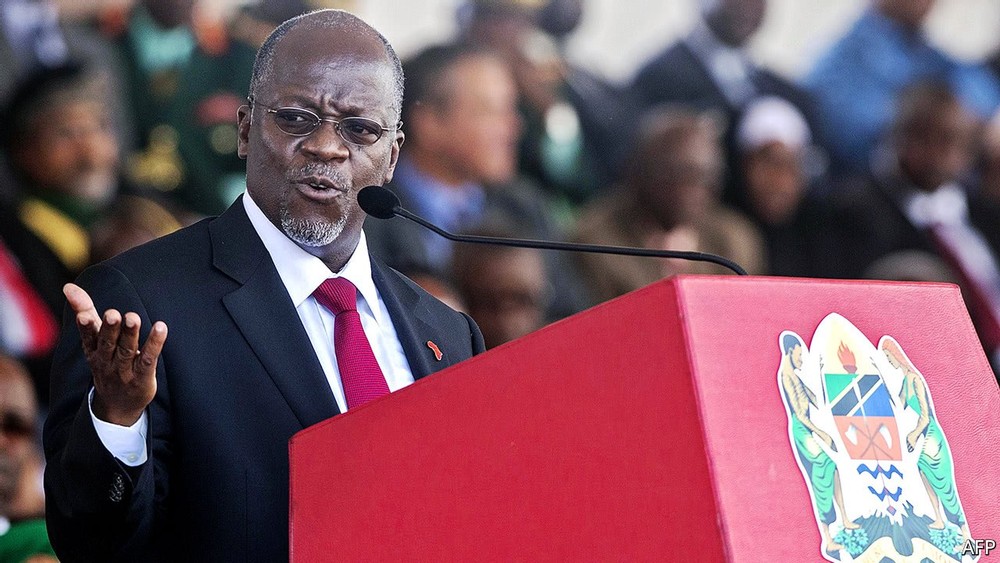
John Magufuli was the two-time President of Tanzania, elected in 2015 and again in 2020 before his death in March of 2021. A former teacher and chemist with humble origins, he entered politics in 1995 and served in several positions before being elected President in 2015. Magufuli’s legacy is mixed: while he had progressive elements (such as selecting the country’s first female Vice Presidential candidate as his running mate) and was admired for his commitment to reducing misdirected spending, he also oversaw human and civil rights abuses against LGBT+ people and was accused of violently oppressing political opposition. Nicknamed the Bulldozer for his outspoken, brazen style and his focus on developing Tanzania’s infrastructure, Magufuli often made decisions that he believed were in Tanzania’s best interests but may not have been economically beneficial long-term. He challenged foreign mining companies, accusing them of fraudulently underreporting profits and undervaluing production in a move that shocked many but saw Tanzania receive significant payments and gain increased control over its own natural resources. The response to this sort of move is typical of politics in Africa and encompasses the debate many will have when looking back on Magufuli’s reign: while many argued that foreign investment would be frightened away, Tanzania was in many ways being exploited by multinationals of its mineral wealth and benefited from exerting some control over the process. While his late views towards COVID-19 will surely dominate the outside perspective of his legacy, Magufuli was a complicated leader who advanced his country in some ways while also bringing serious concerns of authoritarianism and dictatorial rule.
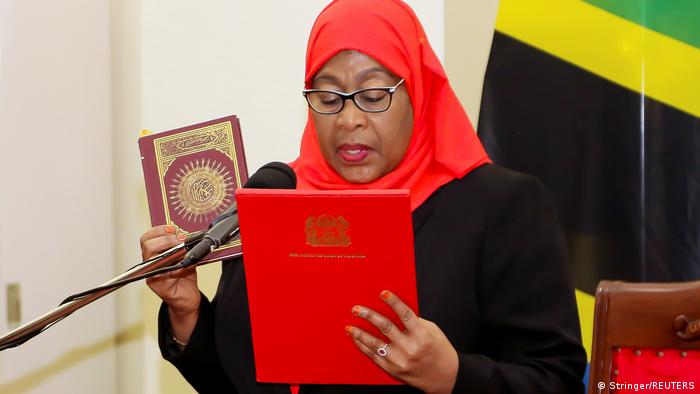
Samia Suluhu Hassan is the President of Tanzania, taking over following the death of John Magufuli. She will serve the remaining years of his term. Suluhu is from Zanzibar, a semiautonomous region of Tanzania, and has been in politics since 2000. Suluhu is unpopular with many in the ruling CCM political party, possibly stemming from the fact that she is a woman (unusual in higher positions) and a Muslim (unlike her strongly Christian predecessor and his many supporters). This is not unique to politics in Africa, where very few women serve in powerful positions. She does apparently have support from many of previous president Jakaya Kikweti’s allies, as well as Tanzanian Muslims (35-50% of the population). Without the power base that Magufuli enjoyed, Suluhu will likely have a more careful approach to politics and may need to take a more centrist position. Whether she will seek another term successfully in 2025 remains to be seen, and her choice to align with Magufuli’s policies or other opposition factions will surely influence how much success and control she has.
2. US Special Forces Arrive in Mozambique
SUMMARY:
US military forces have been sent to the southeast African country of Mozambique, where they will play an advisory and training-focused role in helping the country combat terrorism and Islamist militancy. Ansar al-Sunna (locally known as al-Shabaab but unrelated to the Somali faction) is a violent militia group mostly located in the Cabo Delgado region of northern Mozambique, near the Tanzanian border. Since 2017, this group has made increasingly violent attacks against civilians and security forces. Unemployment and inequality are often the main motivators for those who join the group, not religion.
The Islamic State (ISIS/ISIL) has claimed ties to the group, and in March of 2021 the US government designated Ansar al-Sunna as a terrorist organization. This is likely the reason for the deployment of US special forces to the region, where they will work with Portuguese military allies to train local soldiers to combat the growing threat. Recently, private military groups from Russia and South Africa have been employed with varying success to support Mozambican troops. Accusations of war crimes against these groups, as well as against the Mozambican forces and the Ansar al-Sunna fighters, have turned the complicated situation into chaos that threatens to become a “new Iraq” for all involved. The US forces arrive with hopes that superior tactics and training will help turn the tide.
The Cabo Delgado province is of particular interest to the government of Mozambique because of its large natural gas reserves, worth 15-20 billion USD. Over 500,000 civilians have been internally displaced by conflict in the region. More than 3000 Islamist fighters remain at large in the area, meaning that the situation is likely to persist in the near future and continue to affect politics in Africa as well as destabilize the region.
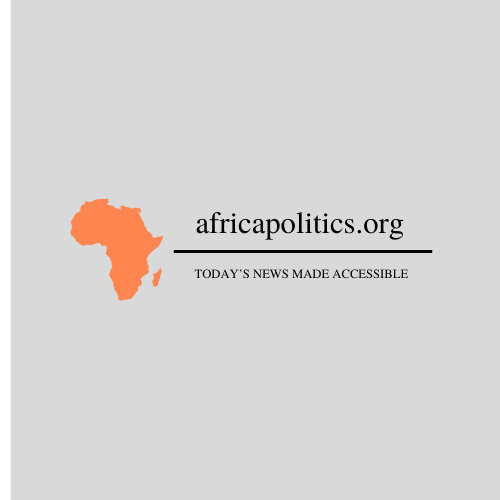
Stay tuned for more weekly African politics updates, as well as more in depth analyses of individual nations’ political histories and current situations. Please leave any thoughts you have below, or send an email to get in touch with us. Thank you!
